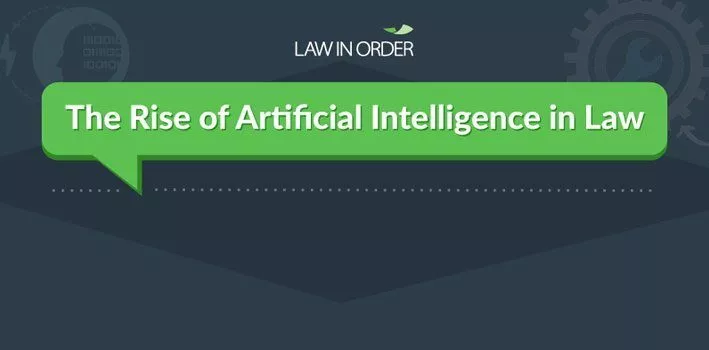As one of the few industries that is slow on adopting technological advancements, the legal profession unsurprisingly is debating on whether to implement one of the biggest advancements in today’s technological age: Artificial Intelligence.
This technology simulates human intelligence and decision-making, and allows computers to look for patterns in data, evaluate them, and find results based on these.
Two faces of the debate are currently weighing the possible impact of Artificial Intelligence with the legal profession.
There are those that believe that AI spells the end of human presence in the profession.
In the words of Doc Brown from Back to the Future II, “the justice system works swiftly in the future now that they’ve abolished all lawyers.”
Many believe that this is the future that awaits the legal profession if they decide to let AI run their processes for them.
On the other end, however, there are those that believe in AI’s potential, not as a replacement of human lawyers and legal experts, but as a complement for the work that lawyers, prosecutors, and judges have to accomplish.
Yseop.com claims that AI solutions can help “quickly obtain the appropriate, unbiased legal response to a situation, without having to rely on hours of sometimes painful research into legal documents and jurisprudence done either by themselves or their assistants. They can simply focus on what matters most in a legal case: the human aspect.”
With this, lawyers will still play key roles within the profession, especially with the development of AI platforms alongside the delivery of legal services via traditional legal platforms.
In the end, law firms will have to take a side based on how they see AI would impact their processes and services come the time it is possible for them to be integrated.
To learn more about how AI can affect the legal profession, check out this infographic.
The Rise of Artificial Intelligence in Law













